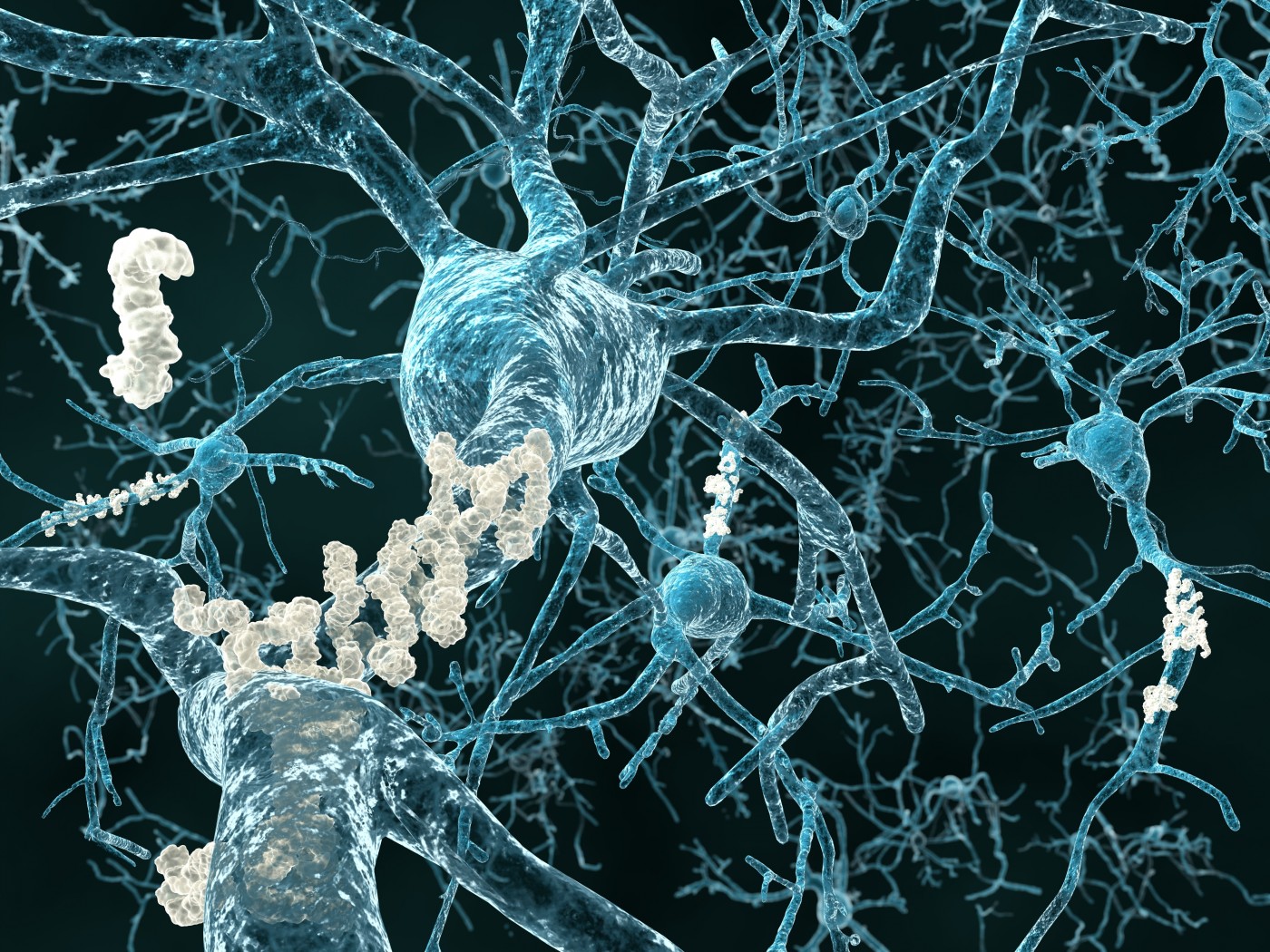Neurotrope Concludes Patient Dosing, Monitoring in Clinical Trial of Bryostatin-1 for Alzheimer’s
Written by |

Neurotrope has finished dosing and monitoring patients in a Phase 2 clinical trial to evaluate Bryostatin-1, the company’s lead drug candidate for treatment of moderate to severe Alzheimer’s disease.
The randomized, double-blind, placebo-controlled, Phase 2 clinical trial (NCT02431468) is assessing the safety, tolerability and efficacy of bryostatin-1 in 148 people with Alzheimer’s. Patients underwent a 12-week treatment with Bryostatin-1, followed by a 30-day post-treatment evaluation.
The trial’s primary efficacy endpoint is the post-treatment change on the Severe Impairment Battery, a scale assessment widely used in Alzheimer’s drug trials. Secondary efficacy endpoints will include “Activities of Daily Living,” “Neuropsychiatric Inventory” and “Mini-Mental State Exam.”
This study follows a now completed Phase 1/2 clinical trial (NCT02221947) that evaluated the preliminary safety, efficacy, biological effects and properties of Bryostatin-1 in 15 patients with Alzheimer’s.
Neurotrope CEO Susanne Wilke said she was “very pleased” with the study, which took only 13 months from start to finish.
“A reversal of Alzheimer’s progression would represent a major step forward in the treatment of Alzheimer’s dementia patients after years of failed previous trials by other companies and institutions that predominantly targeted amyloid plaque or tau neurofibrillary tangles,” Wilke said in a press release. “Those trials, thus far, have not achieved a significantly reduced rate of decline or improved cognition in any group of patients diagnosed with Alzheimer’s dementia — mild, moderate or severe.”
Daniel Alkon, MD, president and chief scientific officer of the New York-based biopharmaceutical company, said that although the pathologic hallmarks of Alzheimer’s — extracellular plaques and intracellular tangles at autopsy — are essential in identifying people who in fact had the disease, plaques and tangles are not closely related to functional decline.
“In contrast, the loss of synaptic networks has been found, with numerous autopsy studies, to correlate with the severity of cognitive dysfunction and disease progression,” he said. “We at Neurotrope believe that the regenerative effects of Bryostatin’s treatment on the synapses, as well as Bryostatin’s prevention of amyloid and plaque deposition, may not just reduce but potentially reverse the symptoms by addressing for the first time many of the major early causes of this devastating disease.”
Bryostatin-1 is a protein kinase C (PKC) modulator. Neurotrope said that in studies with Alzheimer’s animal models, it was shown to be effective for restorative synaptogenesis (generation of new synapses, or connections between neurons), prevention of neuronal death, and anti-amyloid, anti-tau metabolism (the two proteins connected to Alzheimer’s), offering the potential to improve cognition, memory and behavior in patients.





